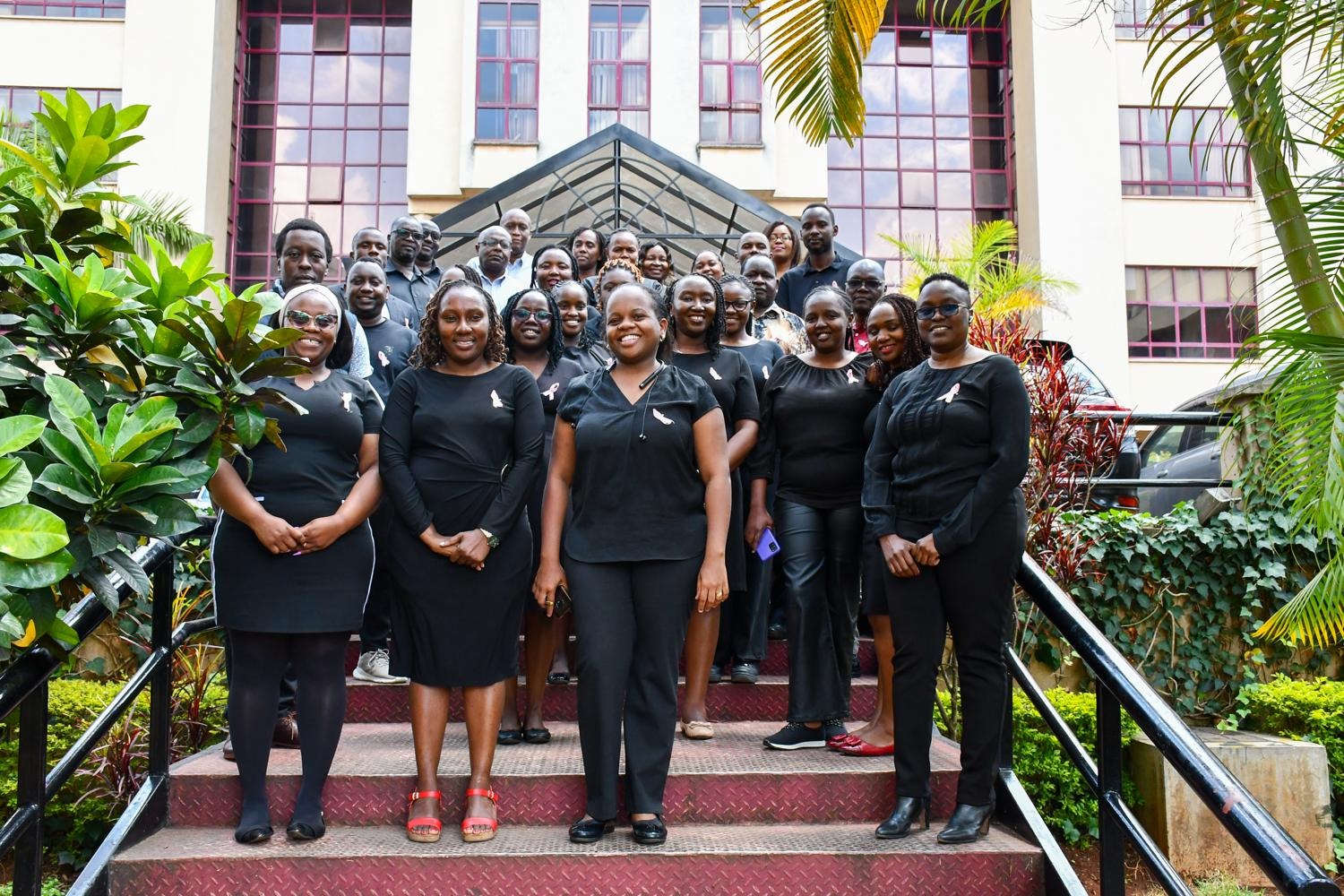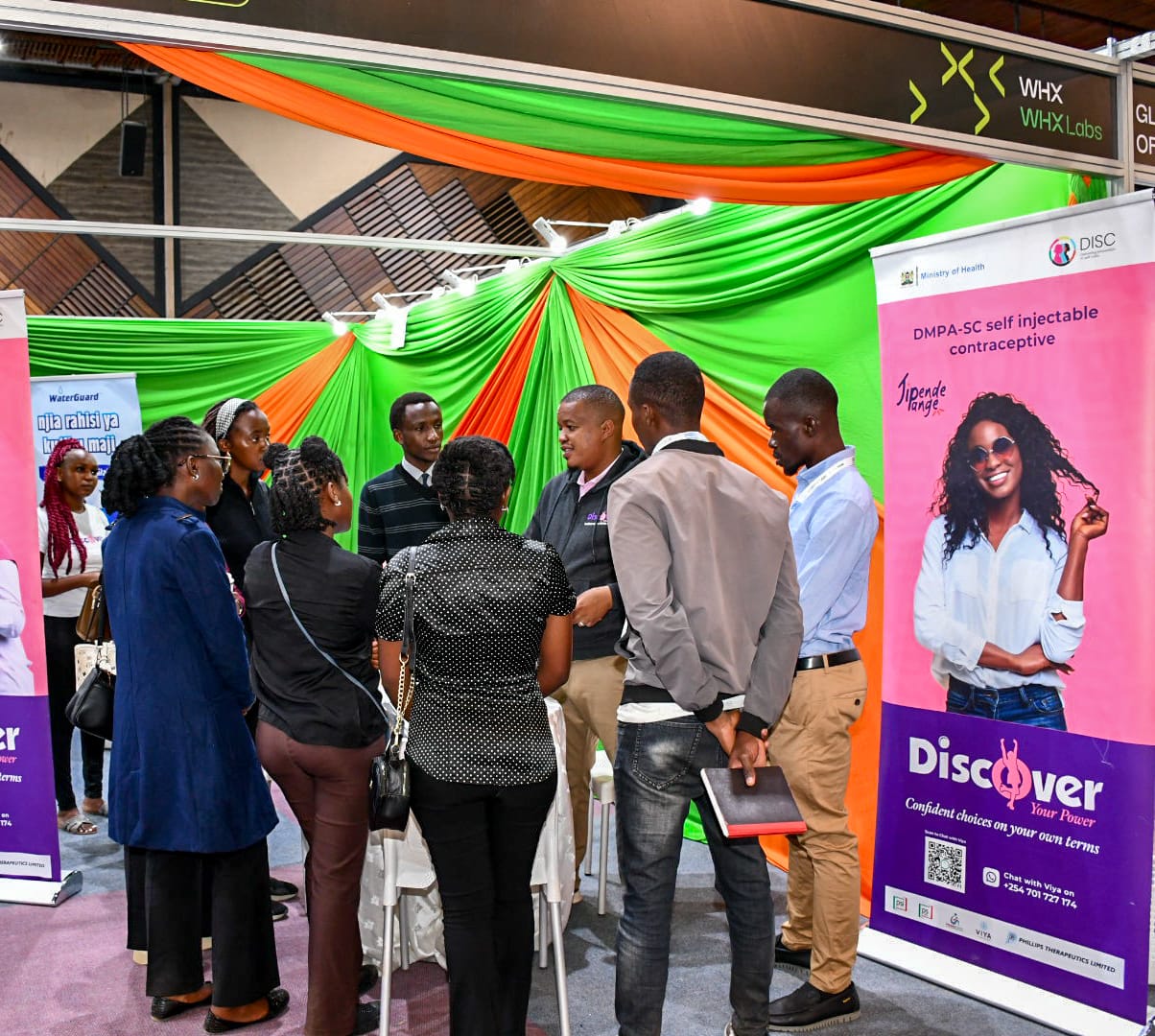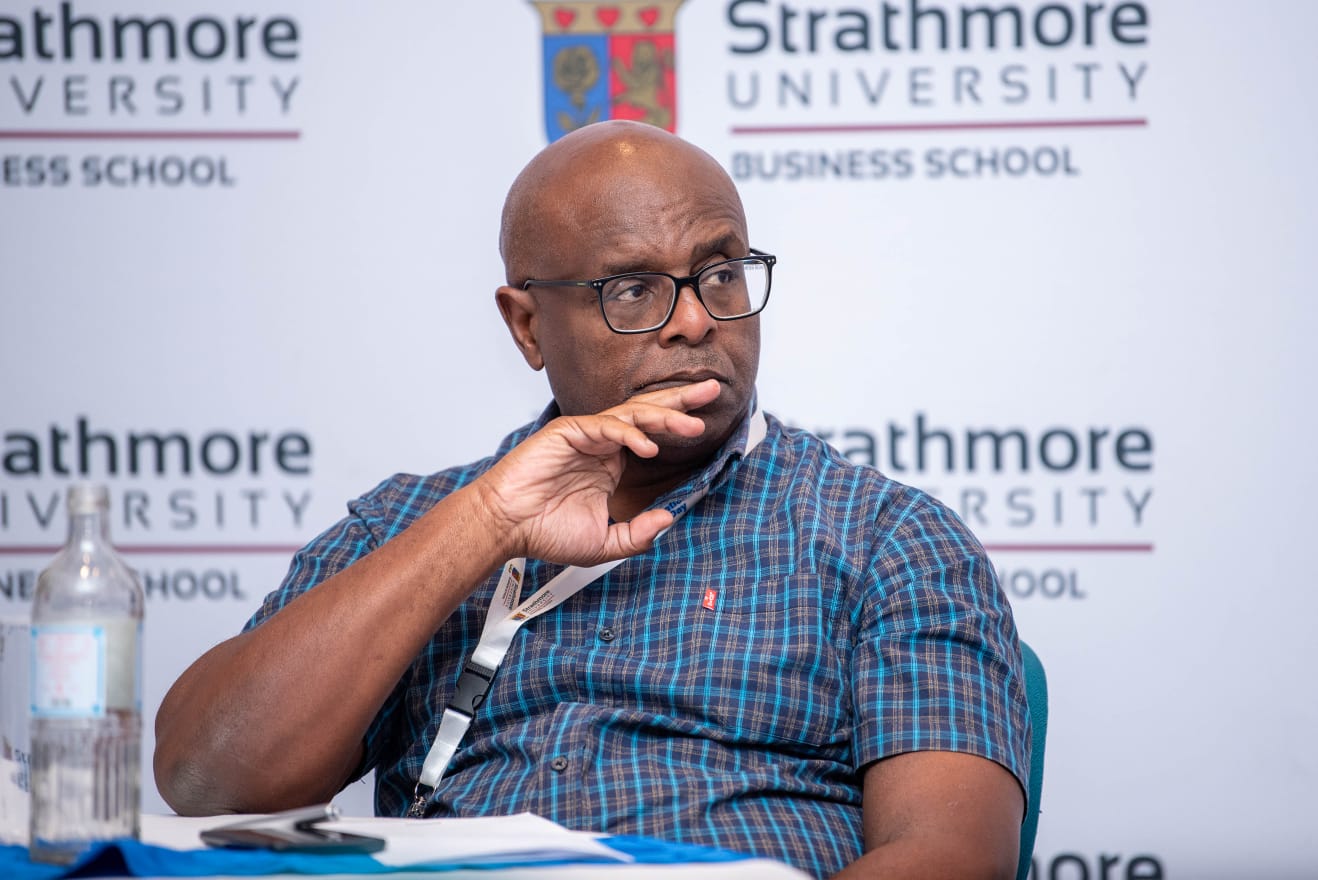The KEMRI Annual Scientific Conference (KASH) is an event convened by Kenya Medical Research Institute (KEMRI), the medical research arm of Government of Kenya. The aim of the annual conference that was launched in 2010 is to bolster the institution’s mandate and mission of improving human health and quality of life through research, capacity building, innovation and service delivery, and its vision to be a leading centre of excellence in research for human health. The forum has been lauded for providing a great opportunity for peer and cross-learning, and mentoring of younger scientists. It has also provided an astounding platform for rich discussion of current health challenges and how to unlock glaring bottlenecks, and finally curate workable solutions.
This year’s conference, dubbed KASH 14, was held between the 13th and 16th of February 2024 in Nairobi. Its ultimate objective was to mainstream the scientific and health agenda of KEMRI through dissemination and digesting various scientific outputs, as well as providing an opportunity for networking and strengthening partnerships and collaborations with a view of achieving better health and wellbeing for the citizenry, which is also the purpose statement for PS Kenya.
PS Kenya was privileged and honored to sponsor KASH 14 and contribute to its outstanding success with participation and attendance of a myriad of delegates including KEMRI staff, partners from academia, policy and industry, and health practitioners from the country and beyond. The conference featured a total of 10 plenary talks and nine symposia on topical issues in health research, spread out within the four conference days. It also attracted a total of 364 abstract submissions, of which 249 achieved the threshold for presentation in 27 parallel oral sessions and 77 poster presentations. It was noteworthy that the abstracts hailed from various countries including Tanzania, Ghana, The United States, Netherlands, Germany inter-alia. This stamped KASH’s status as not just a regional but also an international conference.
PS Kenya’s participation in the conference spotlighted the commendable strides and impactful interventions achieved in target counties through its Delivering Equitable and Sustainable Increases in Family Planning (DESIP) Program, A360 Project, Accelerate Project, and USAID Private Sector Engagement (USAID-PSE) Program, under its broad strategic objectives of strengthening private health sector engagement and enhancing health service delivery and social behavior change. The conference delivery partnership between KEMRI and PS Kenya, as well as other event sponsors, underscored the belief in the capacity of local research and other institutions, and reiterated the power of local manufacturing in providing impetus to achieving Universal Health Care and Better Health and Wellbeing in line with Sustainable Development Goal 3. Further, for PS Kenya, the partnership echoed its mission of fostering meaningful partnerships, leveraging on technology, harnessing innovative solutions and sustainably delivering transformative impact, driven by its core values which include innovation and collaboration.
This year’s event was structured differently with the ground-breaking pre-conference event under the theme ‘Market Shaping For Local Innovations and Manufacturing of Health Products and Technologies Towards Attainment of UHC in Kenya: The Role of Research and Development’, where discussions aimed at promoting confidence in locally manufactured health products and technology and showcasing the government’s unwavering commitment to advancing Universal Health Coverage through locally made products. The pre-conference culminated in the launch of the KEMRI Human Genetics and Forensics Society.
The Official Opening Address was presented by the Cabinet Secretary Ministry of Health, Nakhumicha S. Wafula, who was the Chief Guest. The discussions during the conference centered around the theme ‘Harnessing Biomedical Research Innovations and Big Data for Health System Resilience, Local Manufacturing and Commercialization’. There were also nine sub-themes namely:
- One health, NTDS, and vector-borne diseases
- Climate change and its environmental impact on health
- Mental health, trauma and NCDs (Non-Communicable Diseases)
- Infectious and parasitic disease control
- Nutrition and food security
- Omics and forensic science
- Innovations, emerging technologies, vaccines and product development
- Health systems, big data and digital health
- Public health and disease surveillance
The plenary speakers were top-notch scientists possessing profound insights, in-depth knowledge and a wealth of experience in practical high impact health interventions for the triple disease burden of communicable diseases, non-communicable diseases and injuries. Their sessions provided an enriching baseline to spur dialogue on current and foreseen challenges, and provided brainstorming sessions to come up with solutions. Some interesting sentiments that came out from these sessions included:
‘Connected to SDG3 Target 3.8, UHC has remained aspirational and elusive for most countries, Kenya included. Whereas a lot of literature and discussion has homed in on how health financing reforms can accelerate progress towards UHC-so much so that UHC is equivalenced in many jurisdictions with raising and pooling financial resources and purchasing health services to ensure optimal use of such resources-there is much more to it given the complexities of health systems..’
Dr. Ben Ngoye (Senior Lecturer, Strategy, Change and Performance Management)
‘Delivery of quality health care is dependent on availability of real time quality data within the health ecosystem at the right time and to the right person for decision making at all levels. There is evidence that correct and ethical use of technology can enable this, and therefore we must take full advantage to harness the benefits. Digital health is therefore a critical enabler for the attainment of UHC….We must never lose sight of why the government and its partners are heavily investing in all this-the data therein is what must be our goal-its security, its quality, its capability and its potential!’
Dr. Joyce Wamicwe (Deputy Director- MOH Directorate of Digital Health, Informatics, Policy and Research)
The conference ended with a pronouncement of the Conference Outcomes and Resolutions and an awarding ceremony for the Rising Star/Young Investigator category. The winners took home cash prices amounting to KSH 50,000, 30,000 and 20,000 for first place, first runners-up and second runners-up respectively, as well as a KASH 14 Plaque. The Official Closing Remarks were presented by the Chairperson KEMRI Board of Directors, Dr. Abdullahi Ali Ibrahim, CBS.



